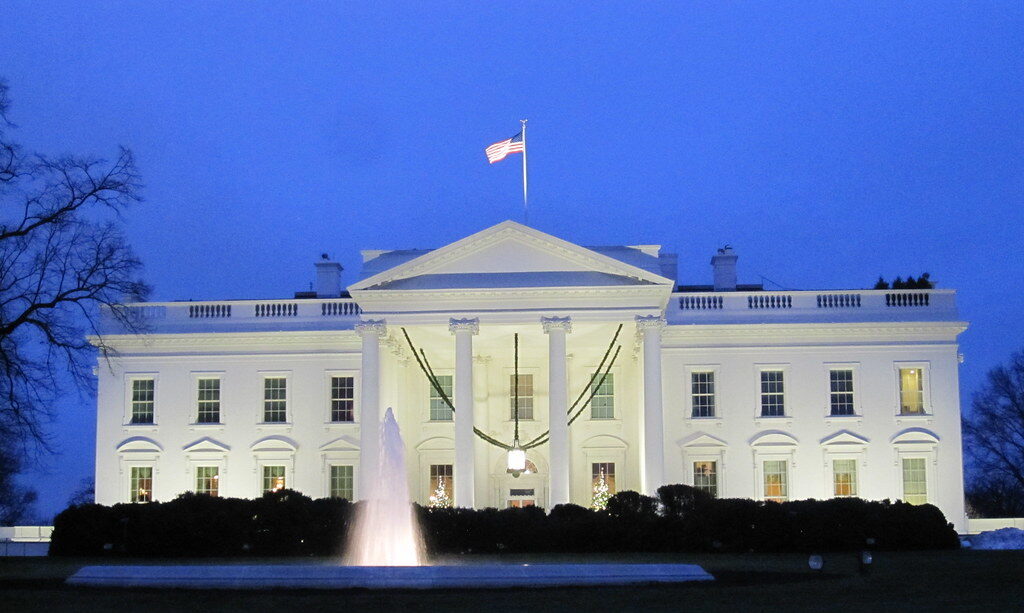Key Takeaways:
• Strong economy perception could give Republicans a winning edge.
• More than half of Americans now say the economy is worsening.
• White House aides warn that perceived weakness may sink GOP gains.
• Republicans may need to talk more about affordability to sway voters.
Key Role of Economy Perception in Midterms
An adviser to the president warns that the midterm results will hinge on the economy perception. If people feel the economy is thriving, Democrats will struggle. Yet even a booming economy can backfire if voters don’t believe in its strength.
Recent Polls Show Rising Doubt
A new survey finds 54 percent of Americans think the economy is getting worse. That number jumped by 18 points since January. Meanwhile, those calling the economy poor climbed from 31 percent to 39 percent. This shift highlights how damaging a negative economy perception can be.
How Economy Perception Shapes Voter Choice
Voters care less about raw data than how they feel day to day. When gas, groceries, and rent rise, families feel the pinch. Even if economic numbers improve, slow wage growth and high costs can cloud public opinion. Therefore, a favorable economy perception remains crucial for any party aiming to hold power.
Political Actions and Public Views
Some actions from the White House may have hurt the economy perception. For example, critics point to lavish events as food aid lapsed. Others note nonstop trips abroad as Americans face price pressures at home. These moves can feed a narrative that leaders are out of touch.
Republican Messaging Gap
Despite these worries, the president insists that Republicans hold the affordability advantage. He argues that his party simply fails to talk enough about it. However, polls suggest many voters still doubt that GOP policies make life easier. Bridging this messaging gap could change how people view economic progress.
Comparing Talking Points
Democrats recently swept local elections by focusing on cost issues. They promised to lower bills and increase aid for working families. Republicans must now shore up their own messages on economy perception. They need clear plans and daily reminders of their success.
Voter Stories Reflect Anxiety
Consider a family in the suburbs who must choose between paying rent and filling their car. Or an older couple worried about medical bills. These personal tales shape how people rate the economy. Even if stock markets climb, everyday struggles matter more.
Adviser’s Warning
An aide to the president told Axios that the administration worries deeply about the economy perception. “A booming economy unseen by voters is almost as bad as a downturn,” the adviser said on condition of anonymity. In other words, perception and reality must align.
What the White House Can Do
First, leaders can highlight wins that touch everyday life. For instance, point out tax cuts for families, new jobs in local towns, or lower prescription costs. Second, they should address problems head on, admitting any snags and offering fixes. Finally, visiting struggling communities and listening to real concerns can rebuild trust.
Challenges Ahead
Still, the road to better economy perception is not easy. Media outlets amplify stories of hardship. Social feeds fill with complaints about rising prices. Moreover, global events like oil shocks or supply chain delays can spoil progress. To counter this, a consistent, honest message is key.
Looking Toward Election Day
With just weeks before voters head to the polls, both parties scramble to shape the narrative. Republicans push their record, while Democrats warn of hidden risks. In the end, the side that convinces citizens they stand for real relief will likely prevail.
Frequently Asked Questions
What is meant by economy perception?
Economy perception refers to how people feel about financial conditions. It covers job security, wage growth, cost of living, and overall comfort. Even strong numbers mean little if voters feel stressed about money.
Why do people think the economy is getting worse?
Rising costs for food, gas, and housing drive negative views. Slower wage growth and bills that outpace paychecks add to worries. Media coverage of economic struggles also shapes public opinion.
Can perception overcome real economic gains?
Yes. If people don’t feel a benefit, positive data may not change minds. Perception can sway votes more than statistics. That’s why leaders focus on both improving and showcasing success.
How can politicians improve economy perception?
They can share relatable success stories, admit challenges, and offer clear solutions. Visiting local communities and staying visible on cost-saving measures helps too. Regular, honest updates build confidence over time.
